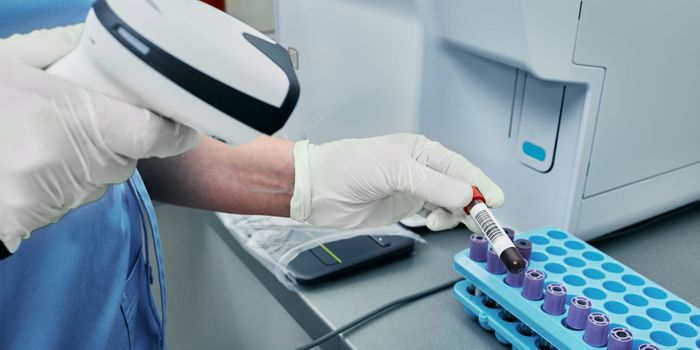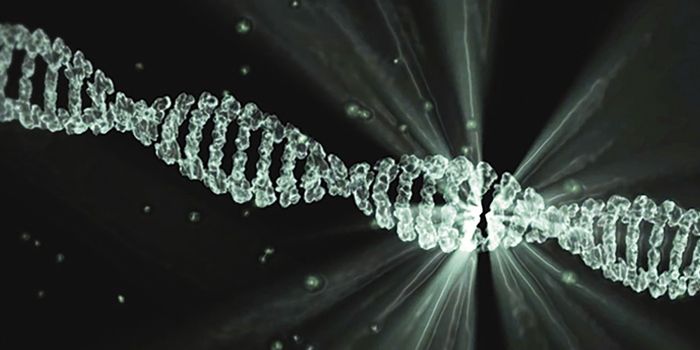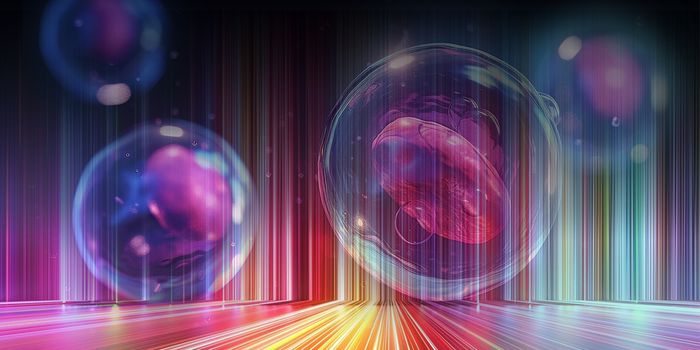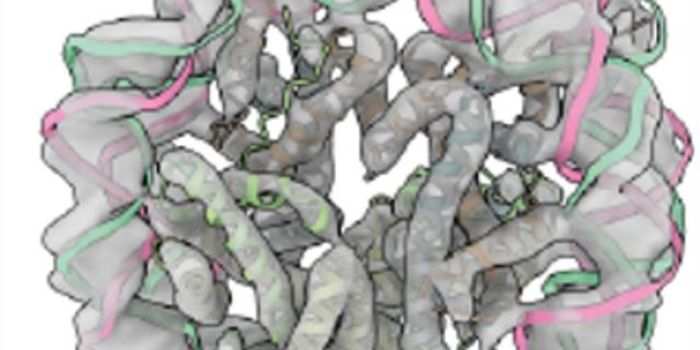Where Fat Goes When we Lose Weight
It’s well known that exercise is good for the body and that when people are overweight, physical activity can help take off the pounds. But when that weight disappears, where does it go? Researchers at the University of New South Wales (UNSW) in Australia wanted to know how much professionals knew about the answer, so they asked 150 personal trainers, dietitians, and doctors the simple question, “When somebody loses weight, where does the fat go?” Only three of the participants got the answer right!
It seems that most people wrongly thought that when fat is lost, it gets converted to energy. The researchers, assistant scientist Ruben Meerman and Andrew Brown, professor and head of biotechnology and biomolecular sciences at UNSW, noted that there is a serious problem with that answer; it would violate the law of conservation of matter. That is a law that every chemical reaction must obey.
Some thought that fat gets converted into muscle, but that answer is also incorrect. Another misconception is that fat exits the body through the colon, but the researchers say that is also wrong.
The correct answer? That fat gets converted into carbon dioxide and water. The carbon dioxide is exhaled, and the water enters our bloodstream, then is sweated out or lost in urine.
When we gain weight, any carbohydrates and proteins that are eaten in excess are converted into triglycerides; they then make their way to fat cells where they are stored in lipids. Those compounds have to be accessed and broken down if we then lose the weight. It seems that in fats, oxygen is stored in a 2:1 ratio with carbon and hydrogen, producing carbon dioxide and water.
The loss of ten kilograms of fat translates into exactly 8.4 kilograms exhaled as carbon dioxide, and 1.6 kilograms becomes water. Yes, these researchers say that “nearly all the weight we lose is exhaled.”
In addition, most of what we eat is breathed out through the lungs. All of the carbohydrates we consume, as well as almost all of the fat, is changed into carbon dioxide and water. While that is also true of alcohols and proteins, there are additional byproducts from that stuff, like urea.
"If you lose ten kilograms (kg) of fat, precisely 8.4 kg comes out through your lungs and the remaining 1.6 kg turns into water. In other words, nearly all the weight we lose is exhaled." They added that while this may surprise people, "almost everything we eat comes back out via the lungs.
"You can only breathe so many times a day; on a day of rest, you breathe around 12 times a minute so 17,280 times you'll breathe in a day, and each one takes 10 milligrams of carbon with it, roughly," Meerman told ABC Science.
Sources: Business Insider, The Conversation, ABC Science, BMJ, PhenQ diet pills









